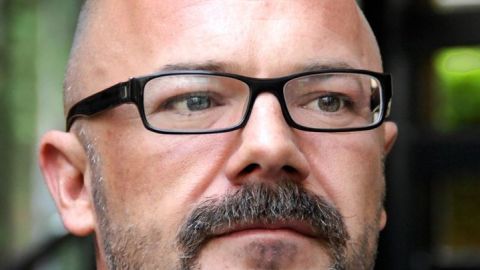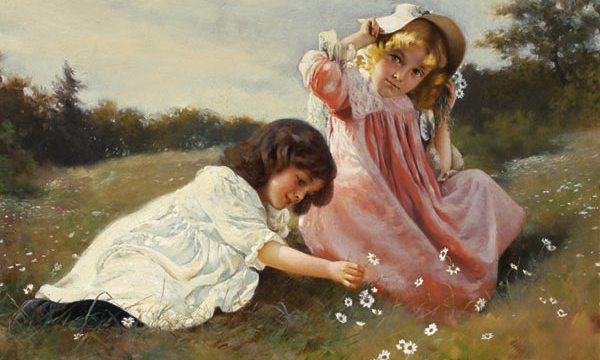On Being Conservative Today

Last week, in his blog The Daily Dish, Andrew Sullivan announced that after years of identifying with the conservative movement he is finally “leaving the right.” His decision is of no real practical consequence. It doesn’t represent some new shift in his thinking. The idiosyncratic Sullivan has long been difficult to categorize, and as he admits, he voted for Clinton in 1992 and Kerry in 2004. Nor is he ending his affiliation with any particular partisan organization. Nevertheless, the fact that Sullivan no longer identifies with what we call “the right” today is a sign that it no longer has much in common with with the tradition of political conservatism.
The modern conservative political tradition largely begins with British parliamentarian Edmund Burke. Burke is perhaps most famous for having criticized the French Revolution, even though he sympathized with the revolutionaries’ cause. Burke knew that the French system was plainly unjust, but he doubted the utopian schemes of the Jacobins would be any improvement. The old regime at least had the virtue of being the product of centuries of experience and compromise. If its institutions were destroyed, there would no longer be any barriers to horrors like the Reign of Terror. In his Reflections on the Revolution in France, he wrote that “The errors and defects of old establishments are visible and palpable,” whereas “no difficulties ever occur in what has never been tried. Criticism is almost baffled in discovering the defects of what has not existed; and eager enthusiasm and cheating hope have all the wide field of imagination in which they may expatiate with little or no opposition.”
Conservatism, in this view, is not insensitive to injustice or opposed to change as a matter of principle. Rather it is the intuition that social change must be gradual and incremental. The conservative doesn’t have much confidence in our ability to solve complex social problems abstractly, and is suspicious of attempts to perfect or completely remake society. To the conservative, traditional institutions represent the hard-won wisdom of ages of social experimentation and should not be cast aside lightly. In his essay “On Being Conservative,” the modern conservative philosopher Michael Oakeshott—whom Sullivan reveres alongside Burke—wrote that “To be conservative, then, is to prefer the familiar to the unknown, to prefer the tried to the untried, fact to mystery, the actual to the possible, the limited to the unbounded, the near to the distant, the sufficient to the superabundant, the convenient to the perfect, present laughter to utopian bliss.”
Burkean conservatives like Sullivan are no longer particularly at home in the right wing today. The Republican Party has become a largely southern, white fundamentalist Christian party, with a radical vision of its own for remaking society. It is characterized by an aggressive nationalism, a contempt for scientific expertise, and—too often—a bias against women, gays, blacks, Hispanics, and Muslims. Cautious realists like Sullivan are pushed aside by people who believe that Obama’s birth certificate is fake, that a public health plan is tantamount to Nazism, and that global warming and evolution are hoaxes. Instead, the party’s agenda is dominated by the prominent voices of people like Sarah Palin, Michele Bachmann, Rush Limbaugh, and Glenn Beck.
As a result there is little room left in the Republican Party for people who are suspicious of progressive political programs but don’t think they are part of a secret Muslim plan to destroy the country. Serious policy debates are drowned out by angry tea-baggers. People like Sullivan—who oppose torture, for example, or support gay rights—can only side with the left. As Sullivan writes, paraphrasing Ronald Reagan, he didn’t leave the conservative movement, it left him.
H2CCZM8WV94N





